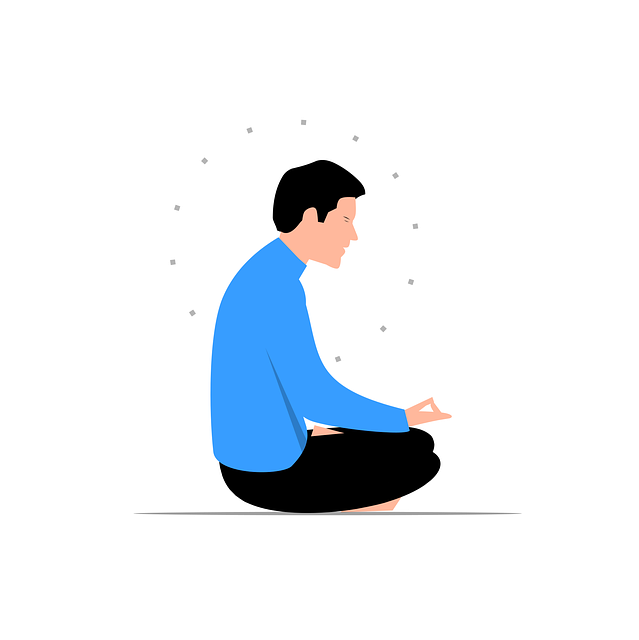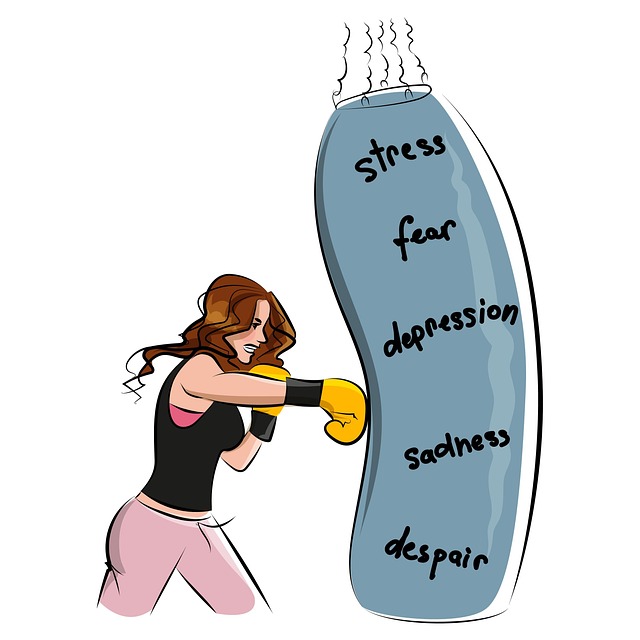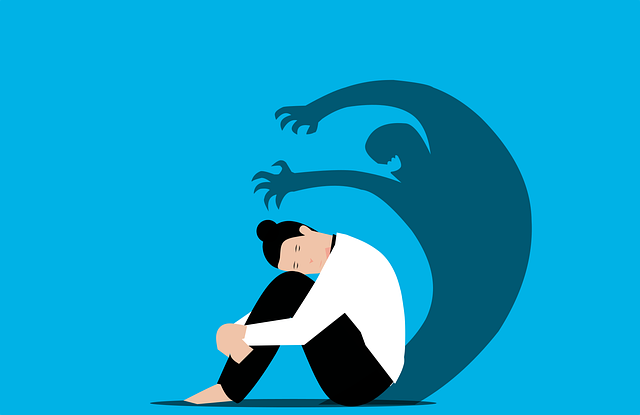Lafayette Child Abuse Therapy emphasizes that self-care is a vital tool for trauma recovery, especially for survivors of child abuse. By incorporating consistent practices like journaling, meditation, and nature walks, individuals build emotional resilience and reclaim their well-being. Professional guidance helps survivors process emotions, foster self-love, and develop healthy coping mechanisms to overcome the long-term effects of abuse, ultimately leading to improved mental health and a fulfilling life.
“Unleash your healing potential with Lafayette Child Abuse Therapy’s expert guidance on self-care practices. Understanding self-care is pivotal for personal growth, especially in recovering from childhood abuse. This article explores the foundation of self-care as a healing tool, offering practical strategies to incorporate daily rituals that nurture mind, body, and spirit. Discover how building resilience through self-care fosters lasting safety and empowerment.”
- Understanding Self-Care: The Foundation for Healing and Growth, Especially in the Context of Overcoming Child Abuse (as touched on by Lafayette Child Abuse Therapy)
- Practical Strategies for Incorporating Daily Self-Care Rituals: Tips and Techniques to Nurture Your Mind, Body, and Spirit
- Building Resilience Through Self-Care: Fostering a Sense of Safety and Empowering Personal Growth in the Long Term
Understanding Self-Care: The Foundation for Healing and Growth, Especially in the Context of Overcoming Child Abuse (as touched on by Lafayette Child Abuse Therapy)

Understanding self-care is a fundamental step towards healing and personal growth, especially when one has experienced traumatic events such as child abuse. Lafayette Child Abuse Therapy emphasizes that self-care practices become the bedrock upon which individuals rebuild their lives and regain a sense of control. It’s not just about indulging in luxuries but rather creating a foundation for emotional well-being and mental resilience.
Through mental wellness journaling exercises, one can explore their thoughts and emotions, facilitating emotional healing processes. This practice, coupled with self-care routine development, allows individuals to take charge of their mental health. By incorporating guidance from professionals like Lafayette Child Abuse Therapy, survivors can navigate the complex journey of overcoming abuse, fostering a healthier relationship with themselves, and embracing life on their terms.
Practical Strategies for Incorporating Daily Self-Care Rituals: Tips and Techniques to Nurture Your Mind, Body, and Spirit

Incorporating daily self-care rituals is a powerful way to nurture your mind, body, and spirit, especially for those recovering from trauma or seeking overall well-being. Start by setting small, achievable goals. This could mean dedicating 15 minutes each morning for meditation or journaling, engaging in gentle stretching or yoga before bed, or scheduling regular walks in nature. Consistency is key; aim to make these practices non-negotiable appointments with yourself, just like you would any other important meeting.
Lafayette Child Abuse Therapy emphasizes the importance of holistic healing, which includes not only addressing past traumas through therapy but also implementing self-care strategies for ongoing mental and emotional well-being. Techniques such as deep breathing exercises, mindfulness practices, or creative outlets can help manage stress and improve self-esteem. Remember, prioritizing your own needs is not selfish; it’s a necessary step towards fostering resilience and enhancing your overall quality of life, especially when leveraging resources like Trauma Support Services for professional guidance.
Building Resilience Through Self-Care: Fostering a Sense of Safety and Empowering Personal Growth in the Long Term

Engaging in consistent self-care practices is a powerful tool for building resilience and fostering a deep sense of safety within individuals. This process allows people to reconnect with their emotional needs, enabling them to develop coping mechanisms that can endure life’s challenges. By prioritizing self-care, individuals cultivate a stronger ability to navigate stress, anxiety, and potential trauma, ultimately enhancing their overall well-being.
In the context of Lafayette Child Abuse Therapy, understanding the impact of self-care is crucial. Many survivors of childhood abuse struggle with long-term effects such as depression prevention and may benefit significantly from empathy building strategies that encourage self-compassion and healthy communication. Through these practices, individuals can break free from destructive patterns, promote healing, and empower themselves to lead fulfilling lives, ensuring a brighter future regardless of past experiences.
Self-care is not just a trend; it’s a vital practice for healing, growth, and building resilience, especially for those who have experienced trauma like child abuse. By understanding its foundational importance as highlighted by Lafayette Child Abuse Therapy, individuals can begin to incorporate practical self-care rituals into their daily lives. Nurturing the mind, body, and spirit through techniques that promote safety and empowerment enables long-term personal growth, making self-care a transformative game-changer in one’s journey towards healing.














